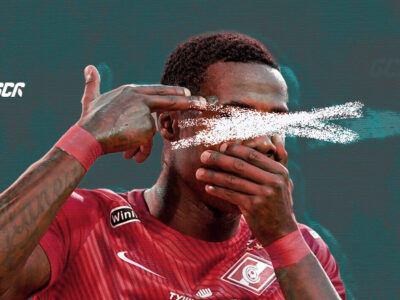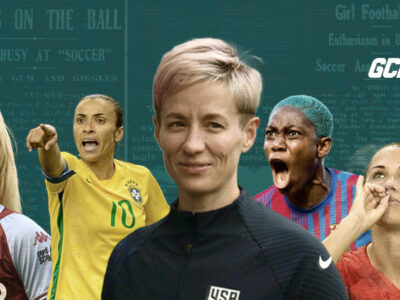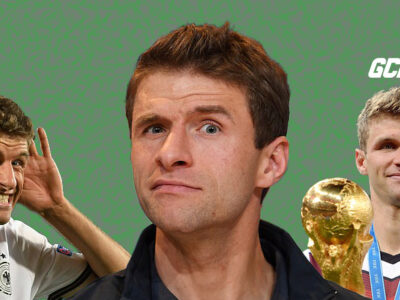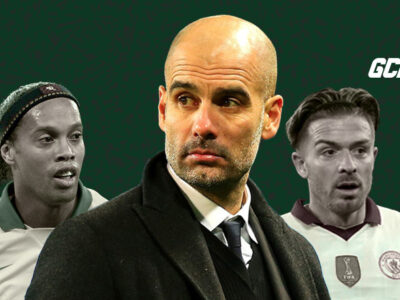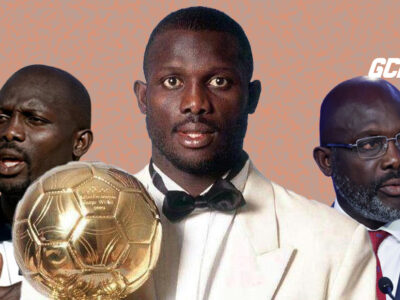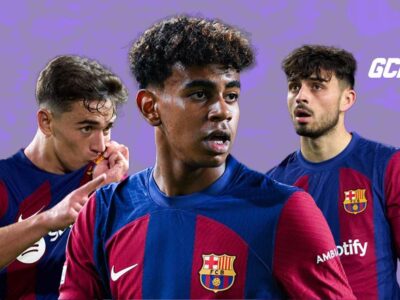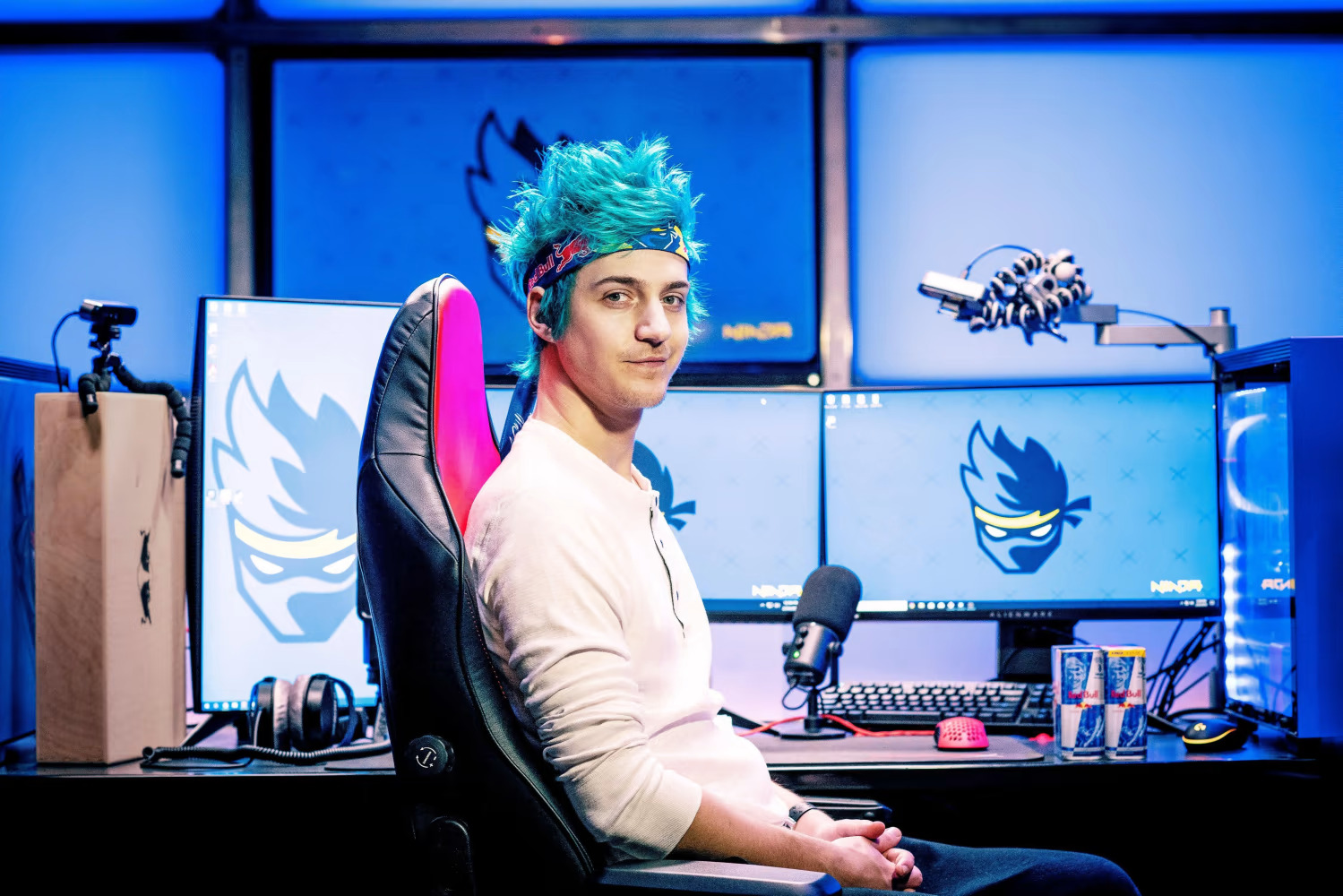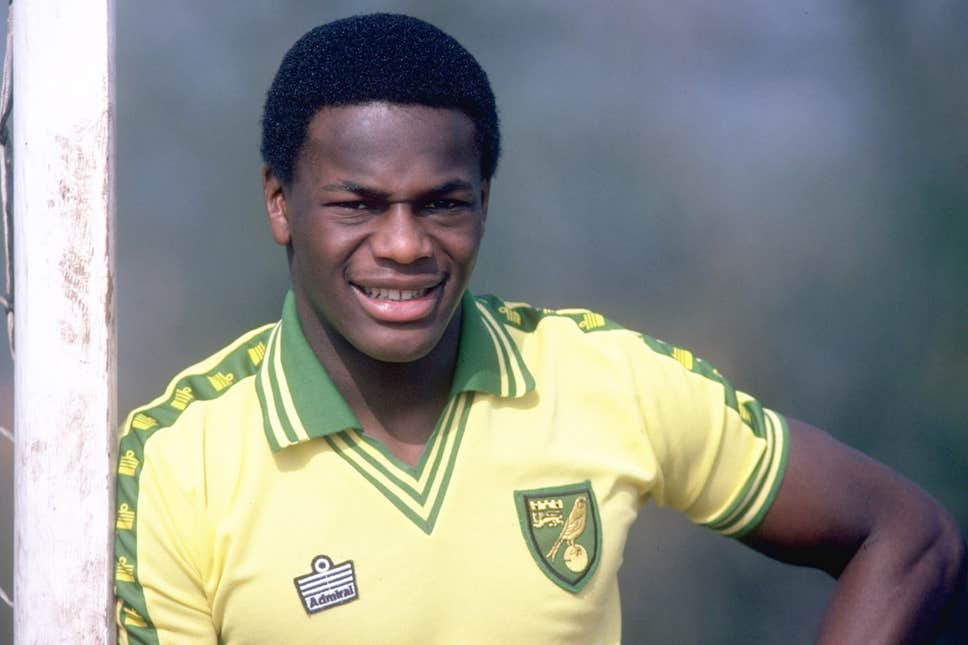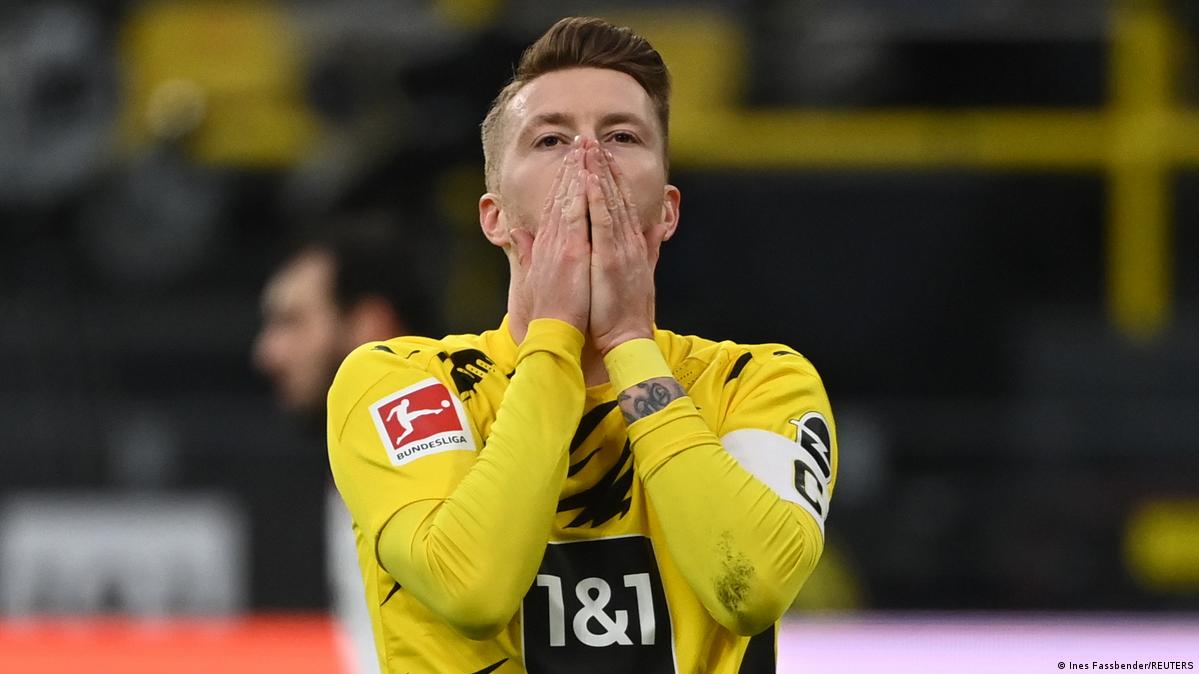Kai Havertz emerged as a wunderkind at Bayer Leverkusen, captivating audiences with his flair and finesse on the pitch.
As a teenager, he mesmerized spectators with his skillful displays, earning comparisons to the likes of Mesut Ozil and Thomas Muller.
Then he joined Chelsea and became one part of the misfiring duo alongside Timo Werner. Brief respite came when he scored for Chelsea in the UCL final, but the grace period didn’t last long.
Now Havertz, the Chelsea reject, is spearheading Arsenal’s second charge for the Premier League trophy.
Some fans think Kai Havertz is the truth; others swear he is the biggest fraud in football. This is the confusing Career of Kai Havertz (so far).
A wunderkind at Bayer Leverkusen
Havertz joined Bayer Leverkusen’s youth setup from Alemannia Aachen in 2010. But he didn’t pull up trees at the youth stage. Kai spent a lot of time on the bench because he wasn’t ready physically.
At 14 or 15, he was still one of the smallest players in the team. Then came a dramatic growth spurt. However, Kai Havertz overcame these early setbacks to assist Leverkusen in winning the German U17 championship in 2016, scoring 18 goals in 26 games.
“I wasn’t starting as many games, spending more time on the bench.”
Havertz was still in secondary school when he broke into the Leverkusen first team, which led to some difficult challenges. He described that period as one of the toughest periods of his career.
Ein guter Abschluss ist wichtig – nicht nur auf dem Fußballplatz. Viel Erfolg bei deinen #Abi2017-Prüfungen, Kai #Havertz! 🍀 pic.twitter.com/uYggl8Nz8q
— Bayer 04 Leverkusen (@bayer04fussball) April 26, 2017
By 21, Kai Havertz had already become the designated penalty taker and captain for Leverkusen. Even legend Rudi Voller hailed him as one of the best players in the club’s history, above Ballack, Toni Kroos, and others. So the hype was real.
“We’ve had many good players through the history of the club at Bayer Leverkusen, but Kai Havertz is the best of them all.”
Rudi Voller
And the records back him. Kai Havertz became Bayer Leverkusen’s youngest-ever debutant against Werder Bremen in October 2016. He also became the youngest player to make 100 appearances as well as the youngest player to bag 30 goals in the Bundesliga.
Then Chelsea came calling.
Kai Havertz at Chelsea
In the summer of 2020, Kai Havertz became Chelsea’s second most expensive signing. He arrived amid so much fanfare as one of the best young talents in Germany.
The debut season was a massive struggle for Kai Havertz at Chelsea. The club was undergoing a tumultuous patch under Frank Lampard. And the 80-million-euro albatross around Havertz’s fragile neck magnified the scrutiny from fans and media personalities.
Thomas Tuchel’s arrival in January 2021 seemed to be the turning point. I expected Havertz to kick on under the guidance of his fellow countryman.
The reality was different. His performances wavered between uninspiring and pretty solid. You could never tell the kind of performance Kai Havertz would put in.
His big moment came in the UCL final against Manchester City, where he scored the winning goal to hand Chelsea their 2nd trophy in the tournament. That single moment erased months of misfiring. The stars had finally aligned for Kai Havertz.
Havertz then followed this up with a winner in the FIFA Club World Cup to give Chelsea their first Club World Cup trophy in history. He also came up with crucial goals in the league and cup competitions.
The following season saw more instability at Chelsea. Havertz faced a lot of criticism for his poor goal scoring form. He was criticized for not being physical enough to play as an out-and-out striker in the Premier League.
And the drama in the background didn’t help either. Russia’s invasion of Ukraine triggered a series of events that led to the enforced sale of Chelsea. Then followed managerial sackings, questionable transfers, and that Lukaku interview.
As the focal point of the attack in an underperforming Chelsea team, Kai Havertz faced the brunt of the pelting from the media. In all the discussions, nobody ever talked about his mental health or how the circus surrounding the club could have affected him.
“It’s always tough when you come from Chelsea, because they are big rivals, so it can take weeks to get some trust from the fans.”
To some extent, the harsh criticism was justified. After three seasons at Stamford Bridge, Kai Havertz bowed out with 32 goals and 12 assists from 139 appearances and two iconic moments.
Kai Havertz at Arsenal
In the summer of 2023, Havertz joined fellow London club Arsenal for a reported fee of £65 million.
This transfer sent the football media into a tailspin. Chelsea fans mocked their London rivals for wasting money on a reject—something they did with Willian and Petr Cech. “60 million down the drain,” they sang.
Arsenal fans were outraged at Mikel Arteta for spending such a massive amount on Kai Havertz instead of buying a proper striker.
It was even worse in the media. The Athletic UK named Kai Havertz the worst transfer even before a ball was kicked.

Even his presentation at the Emirates was uninspiring. Rocking a new haircut, Kai Havertz looked worn while staring into the distance and smiling with folded arms.
At first, it looked like everyone was right. Some high-profile misses turned Kai Havertz into a running punchline.
In less than a month, Arsenal fans wanted him out of the club. How could they see what Arteta couldn’t?
But Arteta kept his faith in his German ace, deploying Havertz in different positions across the front three. The goals weren’t coming, the media hounded Arteta, but he reiterated his trust in Kai.
At Chelsea, Havertz was shoehorned into a pure striker’s role, playing off the shoulders of the center-halves and looking to get on the end of through balls and crosses. This was never Kai’s forte. I knew this from his days at Leverkusen.
But at Arsenal, it’s all very different. While he has nominally been the number nine for some games, he has seldom been the furthest man forward. Havertz now drops deeper, playing quick passes and finding half-spaces between the lines.
In other words, he plays as a 10, the role he thrived in at Bayer Leverkusen. Havertz may be a ‘striker’ again, but this time he’s playing within his comfort zone.
Mikel Arteta putting Havertz back where he’s able to be more instinctual is probably the biggest factor in the 24-year-old’s renaissance. The Gunners’ head coach also deserves credit for persisting with him through the media onslaught.
Kai Havertz’s revival is more that just a simple tactical switch. We have to mention the role of Arsenal’s family culture.

When they rallied around him after scoring that “pity penalty,” the media slammed the team for a lack of professionalism and being too buddy-buddy. But to me, seeing a smile on Havertz’s face made me feel like all was right with the world.
Ironically, Havertz has been growing from game to game since that moment. With Arsenal looking like favorites to win the title, Gooners have changed their tune.
Kai Havertz for Germany
Kai Havertz made his international debut in 2018, coming on as a substitute in the friendly game against Peru. Upon making his debut, he became the first player born in 1999 to represent the national team.
Kai represented Germany in Euro 2020 and at the 2022 FIFA World Cup. Both tournaments ended disastrously with Havertz and Timo Werner being the usual scapegoats.
But the fact that coaches in different teams have stuck with him highlights that the pros know more than the fans. They obviously see something in Kai Havertz on the training ground that doesn’t translate to our TV screens.
Havertz has 15 goals in 44 appearances for the German National team. He is undoubtedly one of the brightest talents of German football and is the future of the national team alongside other youngsters like Florian Writz and Jamal Musiala.
Ozil 2.0 or Muller 2.0: What is Kai Havertz exceptional at?
In Germany there is a name for players like Havertz: Alleskönner, which roughly translates to ‘handyman’ or, less enjoyably, ‘all-rounder’. Watching Havertz play, you can easily see how he’s earned such a title.
Capable of playing as a 6, 8 or 10 with equal parts panache and grit, it is no wonder he’s been compared to a host of different players from the German old guard. One thing is certain: Kai Havertz is not a 9 — a false 9 at best.

But what is Kai Havertz good at?
Kai Havertz confuses the average football fan because he is not exceptional at one thing. He can’t martial the box like Haaland or boss the game like Toni Kroos, but he can impact the game with his high football IQ and dummy runs.
I believe Kai Havertz, at his best, is an amalgamation of Ozil and Thomas Muller in their efficiency and selflessness.

Havertz can pick a pass, but he lacks Ozil’s precision and guile. He can get stuck in, but he dwarves Michael Ballack in physicality. He is similar to Thomas Muller as a Raumdeuter or “space interpreter” in how he spots and occupies space between the lines.
What makes Kai Havertz tick is his impeccable positioning and calmness under pressure. Similar to Mesut Ozil, Kai Havertz’s languid playing style could come off to fans as strolling around the pitch.
By the way, he was briefly deployed as a left-back for both club and country. All in the bid to answer the question: “What is Kai Havertz’s best position?”
“Kai won’t always be in this position. I have a great idea for him because he’s an exceptionally good footballer. This is a very good option. He won’t always play as a classic left-back.”
Julian Nagelsmann
But for Havertz to maintain his current form at Arsenal and live up to his transfer fee, he has to start pitching in with more goal contributions. Who knows, the Euros might be his breakout tournament.
Who wrote this?
Okpanku has been involved in several disputes that have been brought before the FIFA Tribunal. Additionally, he actively engages in grassroots coaching and strongly advocate for the dynamic nature of football.









